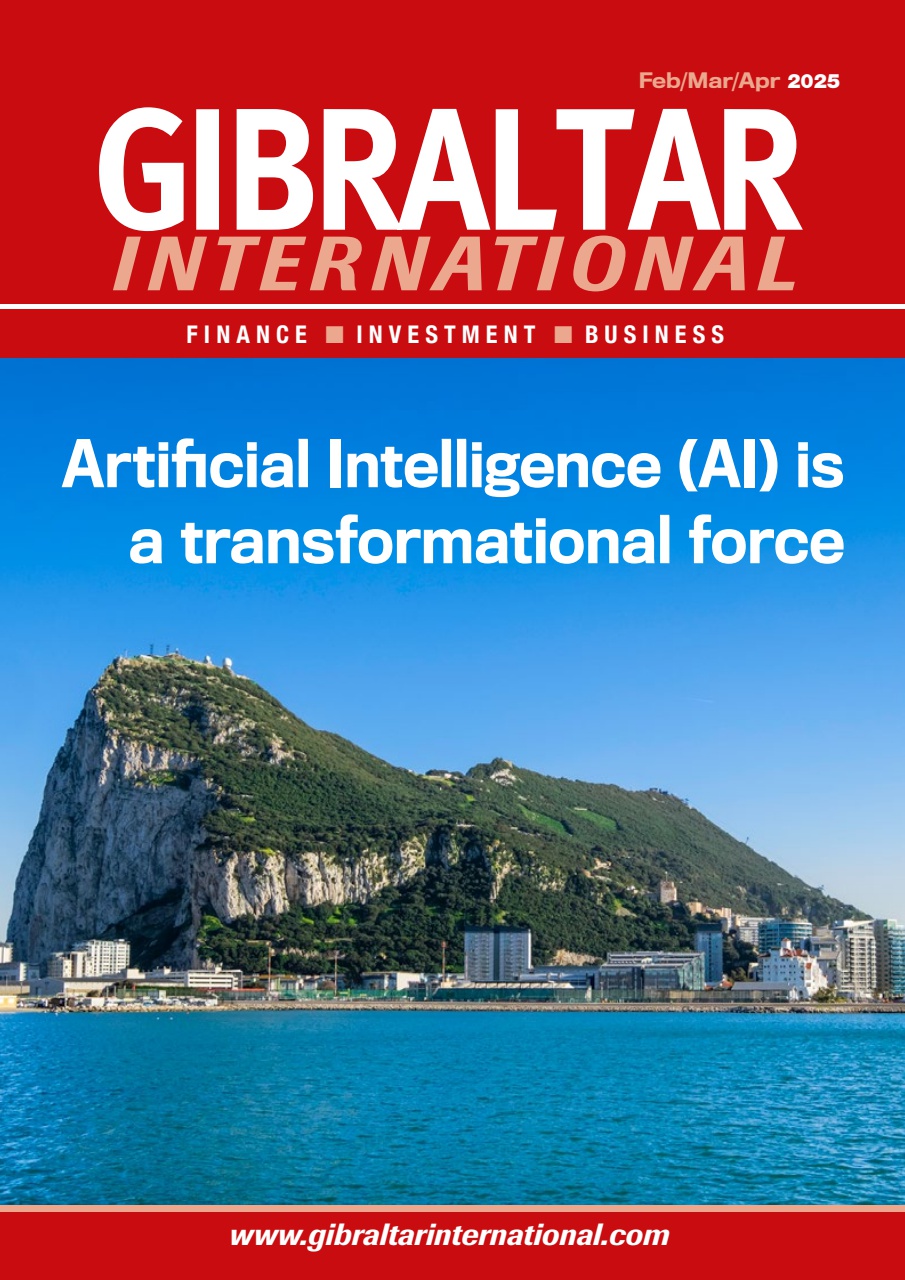Adrian Hogg is a director of Grant Thornton (Gibraltar). He is a former GFIA chairman, a member of the FSC’s Funds Panel and a specialist in investment business with over 15 years experience involving various investment business structures in Gibraltar and the Caribbean.
As regular readers of the financial press will be aware, the Alternative Investment Fund Managers Directive (AIFMD) has been a hot topic in the investment business sector for some time and brand AIFMD is becoming well known throughout the world.
AIFMD was introduced with a number of transitional markers. The Directive came into law on 22 July 2013; the first transitional period, that required funds managed and/or marketed in the EU to be compliant with the Directive, ended on 22 July 2014; and 22 July 2015 sees the end of the second transitional period when, subject to the recommendations of the European Securities and Markets Authority (ESMA) and approval by the European Commission, the EU marketing passport will be extended to third country managers (non-EU managers).
NPPRs
The extension to non-EU managers will be subject to a number of rules which may deter all but the most determined managers from seeking the EU marketing passport. The other way for a non-EU manager to market in the EU is via the respective national private placement regimes (NPPRs).
Passporting is a mechanism which allows firms to provide services throughout the EU from one member state without the need for authorisation across the EU. Passporting is used in banking, investment and insurance services, a good example of which is a Gibraltar insurance company selling (via its passport) insurance products in the UK. The AIFMD EU marketing passport operates under the same principals whereby a manager licensed in one EU member state (i.e. Gibraltar) is able to market throughout the EU via simple notification to its home member state (i.e. Gibraltar) that it wishes to undertake marketing activities in a named EU jurisdiction.
NPPRs is an agreement of private placement between member states. NPPRs allow managers to market within the EU on a member state-by-member state basis for those not marketing via the EU passport. Marketing via the NPPR route is fine for non-EU managers so long as they do not wish to market in several EU member states as NPPR filings are required in each member state where marketing activity is to be undertaken. This becomes very expensive as appropriate advice is needed in all member states in which the manager wishes to market, because, despite the harmonisation of the rules in respect of the conduct and activities of managers as per the Directive, NPPR marketing rules are not harmonised throughout the EU.
This leaves non-EU managers with a difficult choice. Market with their existing structure via an EU marketing passport (which will contain “subject to” provisions) or via the respective NPPRs of the member states in which they wish to market (on a member state-by-member state basis).
EU marketing passport
There is, however, an alternative. Marketing can be undertaken throughout EU via an EU marketing passport operated by an EU manager and Gibraltar can help in respect of such. Gibraltar is a tax neutral, common law finance centre that bases its rule of law on the UK. It has UK trained professionals, no statutory borrowing or investment restrictions on its fund products, competitive costing and is the quickest time to market to the EU. Also, as a distinct advantage over its EU peers, appeals (when applicable) are to UK Privy Council (which is the same as the Cayman Islands and other UK dependent territories) and its currency is GBP Sterling; which is of particular importance in the current environment of Euro uncertainty.
Using Gibraltar to establish an EU marketing passport can be done in two ways (1) build or (2) buy. The build option is for managers (non-EU or otherwise) to set-up their operations (or part thereof) in Gibraltar, seek appropriate licensing and undertake their activities from Gibraltar. This can be via a fully self-sufficient investment management company or via one supported by its non-EU counterpart (with certain functions being delegated to the non-EU counterpart subject to certain conditions).
The buy option is for the non-EU manager to engage an EU (Gibraltar) manager and then to market in the EU with the marketing passport via delegation from the said EU (Gibraltar) manager. The EU manager in this instance acts as the AIFM and is permitted to delegate certain functions to the non-EU manager so long as by doing so the EU manager does not become a letter box (i.e. a manger without substance). This can be a good solution for non-EU managers and is often an entry level into EU licensable activity that leads to the build option.
Both the build and buy options are compliant, effective and cost efficient and by doing so the non-EU manager can market throughout the EU via the marketing passport.
Under AIFMD non-EU managers that market in the EU have a choice to make. They can market via the extension of the EU marketing passport to non-EU managers that is expected to be granted by the European Commission at the end of the second AIFMD transitional period (i.e. on or around 22 July 2015), or via the NPPRs, or via an EU manager with an EU marketing passport (i.e. using a Gibraltar manager under the build or buy option).
There is always a cost of compliance. The question should not be, “how much does it cost to comply”, but, “what is the cost of non-compliance”. My preference, if I was a non-EU manager, would be to market via a Gibraltar based EU manager via the build or buy option, both are compliant, effective and cost efficient.





